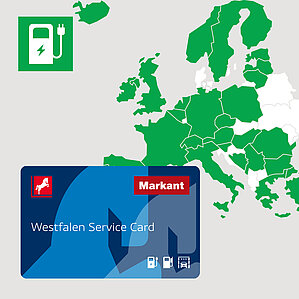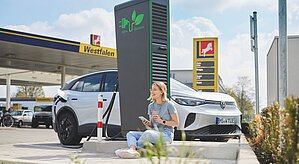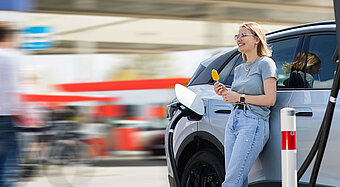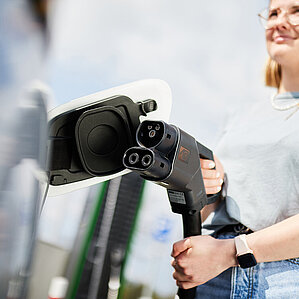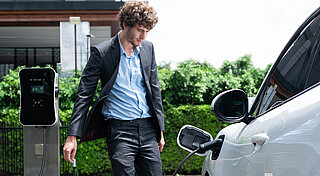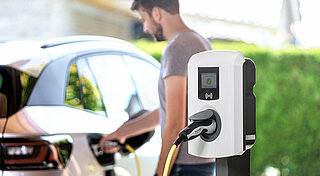Please make a selection to see the products and content for your language.
Open submenue:
Open page:
- Gases + Energy
- Buy gas cylinders - nearby
- Products
- See all gases
- Argon
- Liquid gas (propane)
- Helium
- Refrigerants
- Carbon dioxide (CO2)
- Nitrogen
- Noble gases
- Hydrogen as a gas
- Application areas
- Energy supply
- Refrigeration + Air Conditioning
- Laboratory + Pharma
- Pharmagases
- Calibration gases + test gases
- Noble gases
- Test gases Exhaust gas measuring equipment
- Operating gases for emission measurement
- Alumini®, small gas bottle
- Health + respiratory homecare
- Quality + Safety
- Services
- Accessories + supply systems
- Hydrogen
- Mobility + Filling Stations
- Filling station finder
- Fuel, charge + voucher cards
- Sustainable mobility
- Mobility customer portal
- Company + Jobs
- Westfalen Group
- Compliance
- Sustainability
- Jobs + Career
- Jobportal
- Drivers
- Technical employees
- Sales
- Commercial employees
- Working at our petrol stations
- Apprenticeship + dual studies
- Vocational driver training
- Technical apprenticeship
- Commercial apprenticeship
- Dual studies
- Apprenticeship FAQ: Good to know
- Internship + working students
- Career FAQ
- Press + News
- Onlineshop + Portals
-
International
-
Country selectionPlease make a selection to see the products and content for the respective language.
-


